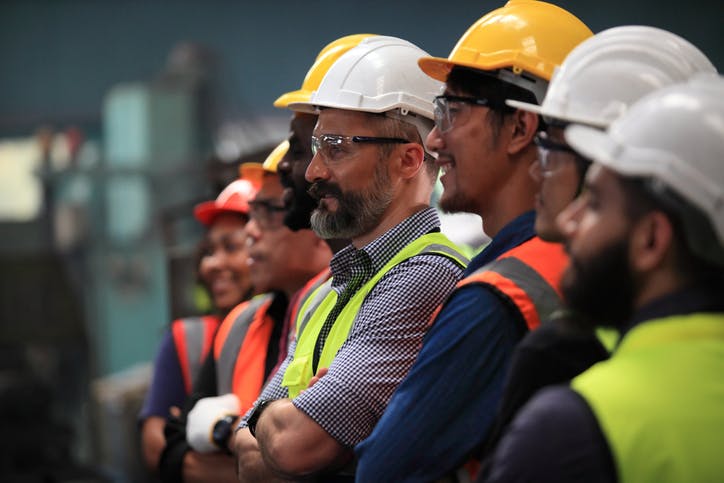
Cracking the Code of Contractor Management: When AI helps Operators Build Better Relationships for Increased Performance
Learn how the data provided by Visual AI increases transparency between operators and contractors, and...

Learn how the data provided by Visual AI increases transparency between operators and contractors, and...

Discover the best image recognition software for quality control automation and remote supervision in telecom...
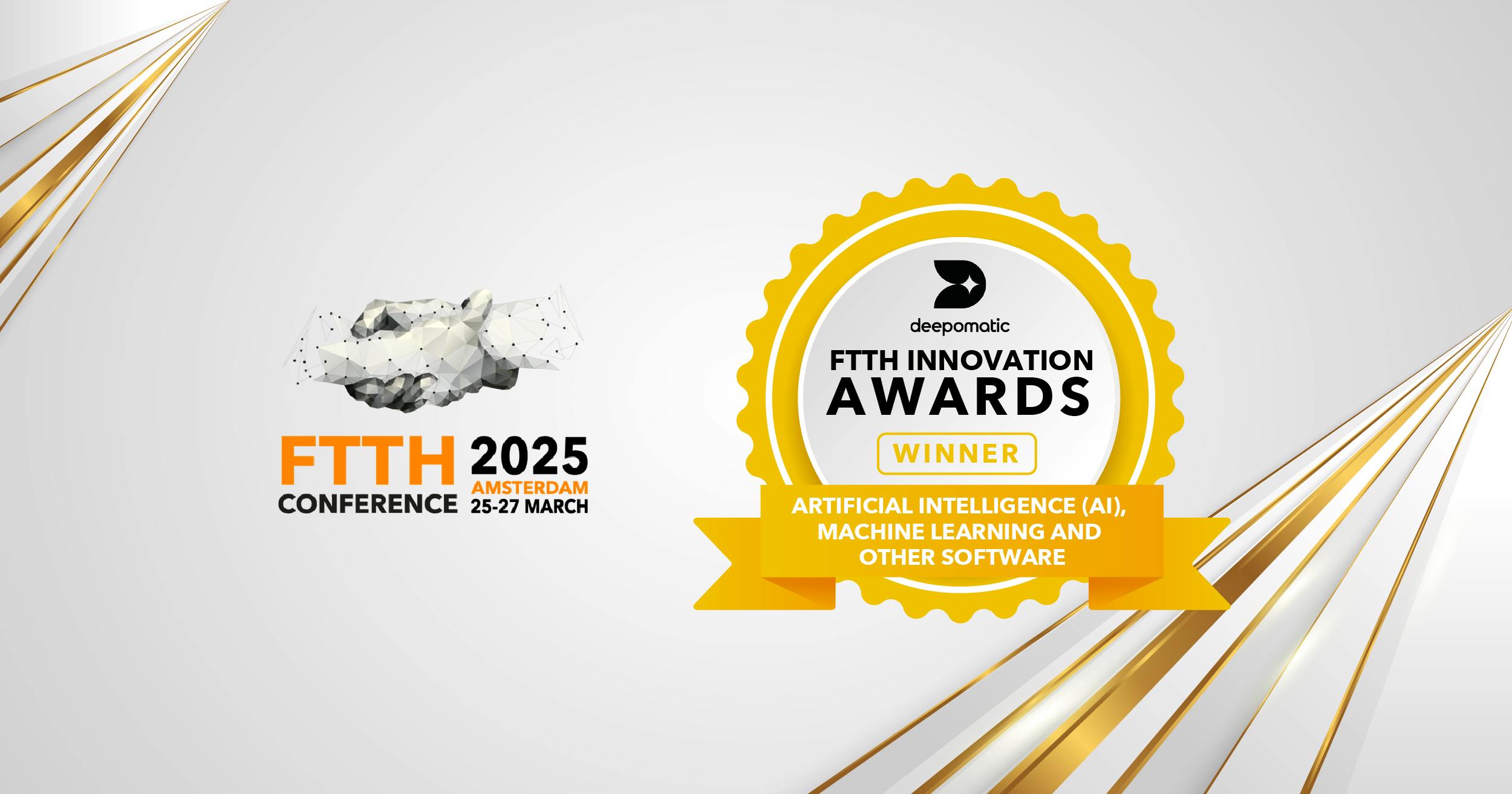
Our Visual AI platform has been honored with the “Artificial Intelligence (AI), machine learning and...
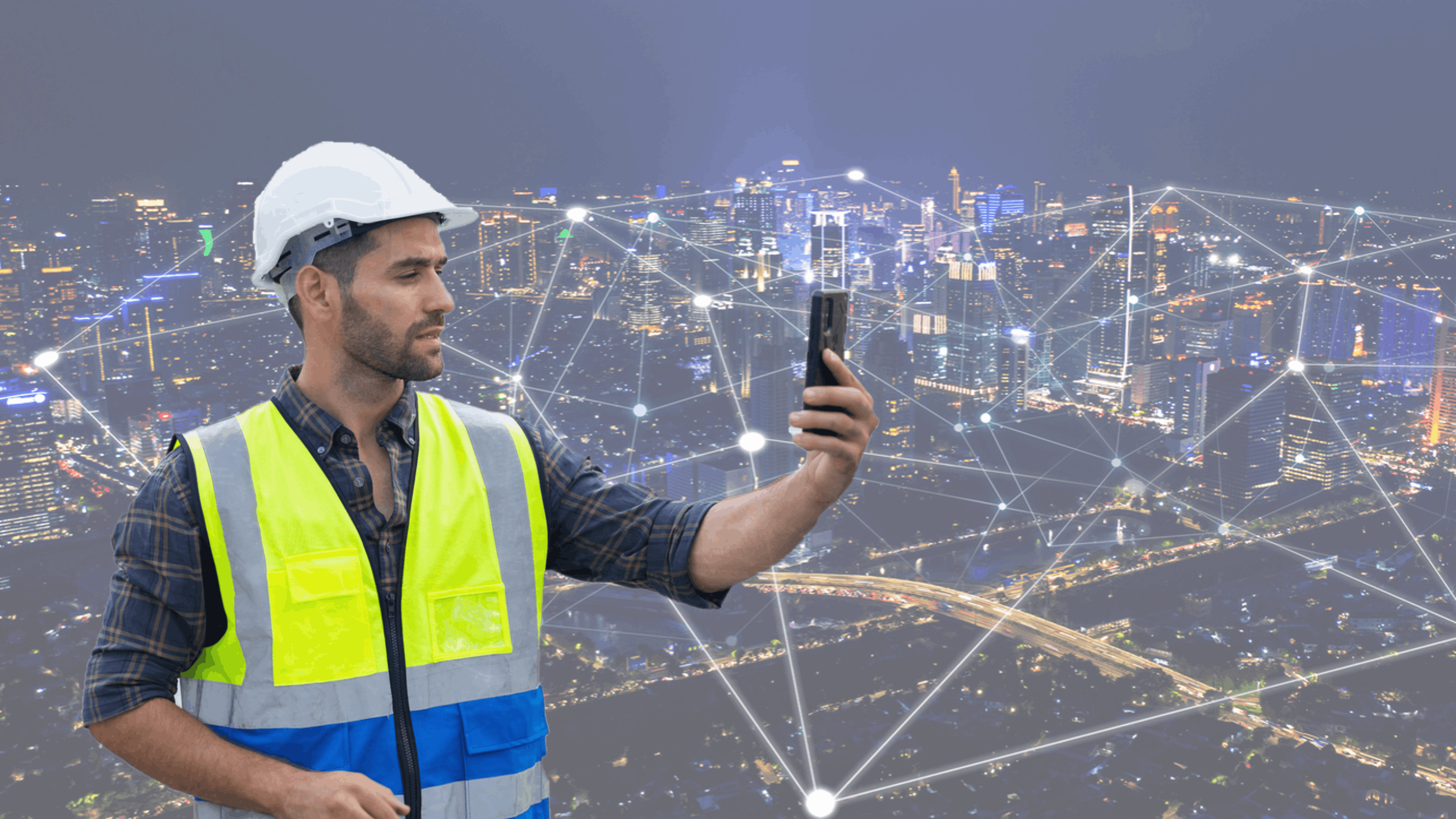
Documentation is essential for rapidly-expanding networks. Discover how visual AI can enhance as-built and digital...

How can altnets can use AI-powered computer vision solutions to get last-mile connections done right...

Thomas Thuillier sits down with Alejandro Piñero, Senior Director, Conference Programming at Fierce Telecom to...
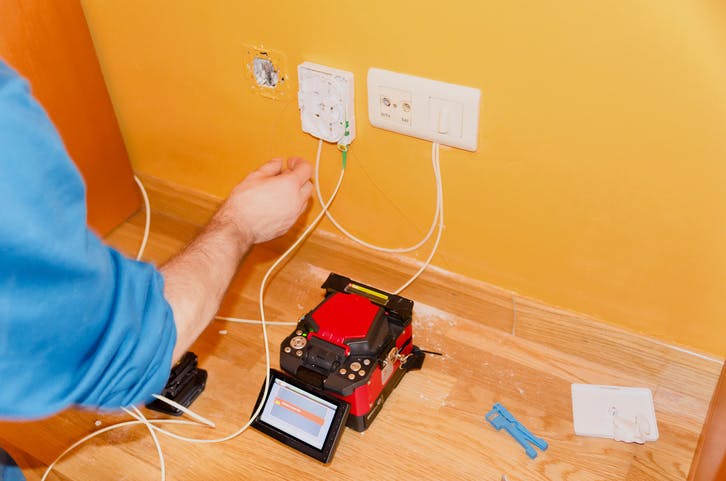
The stakes are high when it comes to activating fiber connections, as poorly executed installations...

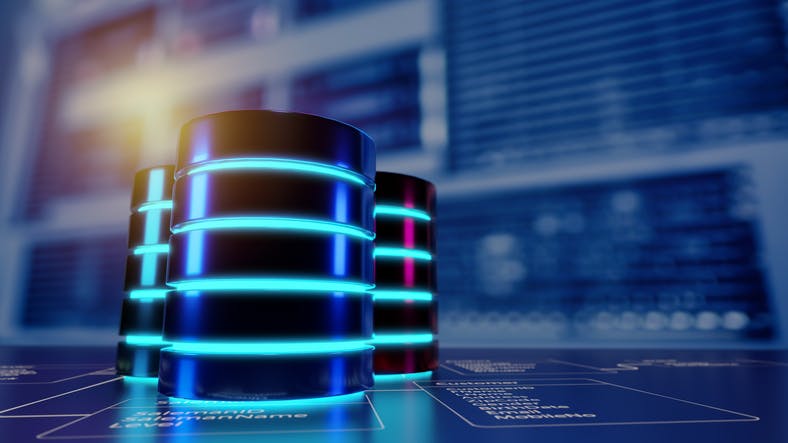
Delve into the pivotal role of computer vision datasets in launching AI-powered projects of quality...